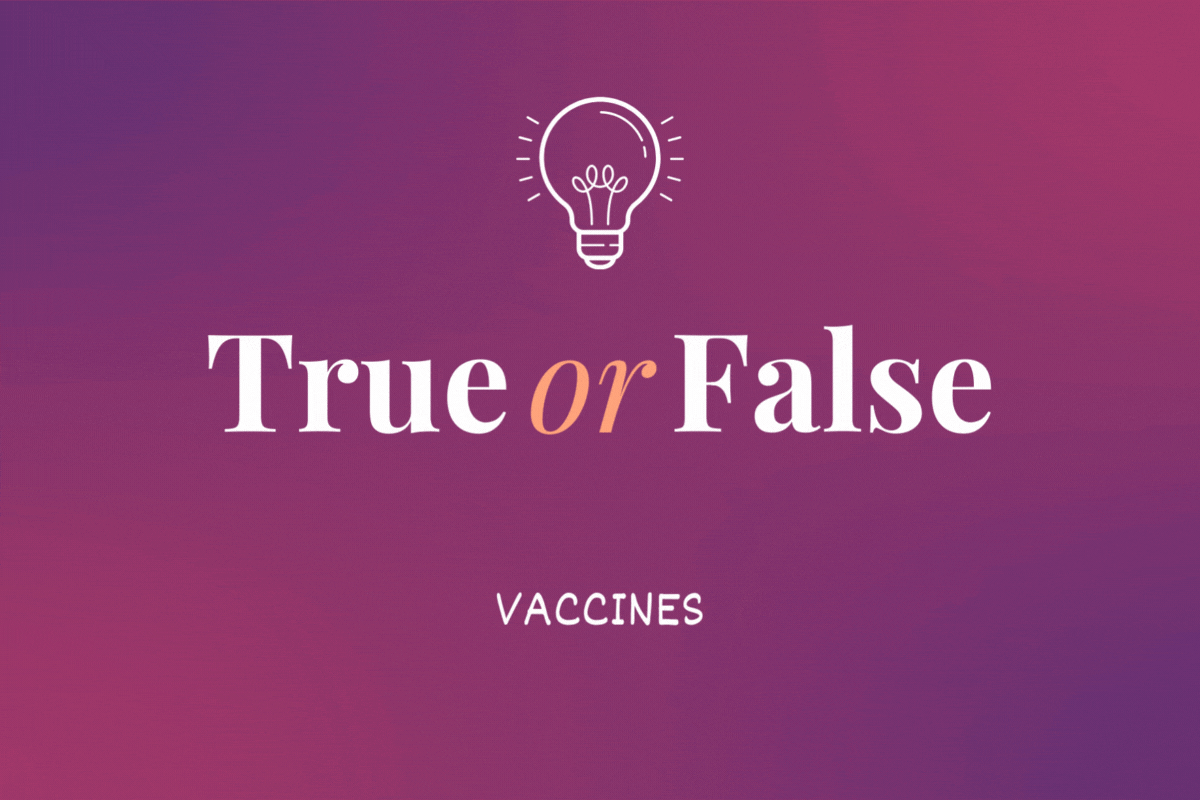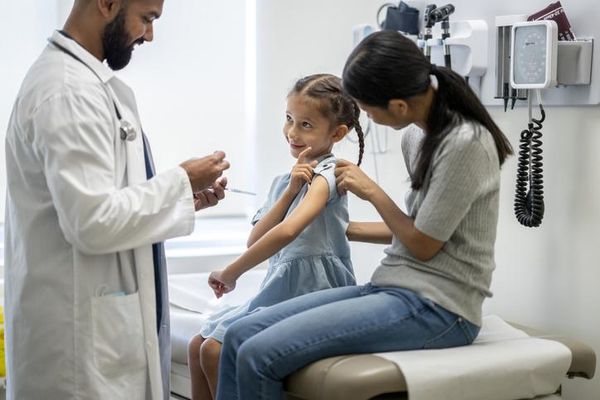As told to Erica Rimlinger
My daughter Jamie was in her second year at the University of Texas at Austin, living in an off-campus apartment, when meningitis hit like a hurricane with no warning.
I was out of town when she suddenly felt like she was coming down with the flu and her symptoms were getting worse quickly. Jamie’s older sister — a senior at UT-Austin — happened to call to ask for a ride to school when Jamie told her she thought she needed to go to the hospital. The girls called me, and I said, “Call ahead, take your insurance card and let me know how it goes.” I was concerned but not panicked. Their next call changed that. “Come right now,” my daughter told me. “The doctors are saying, ‘Get your mom here immediately.’”
Jamie's body was breaking out in deep-purple rashes. Medical personnel recognized this as a sign of meningococcal septicemia, which is caused when the bacteria that cause meningitis infect the bloodstream. Meningococcal septicemia poisons the blood, and in Jamie’s case, it cut off circulation to her hands and feet.
I reached the hospital in hours and was shocked to find Jamie dazed and plugged into medical equipment in the intensive care unit, her heart racing at 120 beats per minute.
Since meningitis can kill within hours, there was no time to wait. As soon as meningitis was suspected, doctors started treating her with antibiotics. In addition to a mortality rate of 10% to 15%, meningitis can cause lifelong, severe disabilities in 20% of those who survive it. My life funneled down to a singular focus: helping my daughter survive.
When her diagnosis was confirmed, I questioned how this had happened. I thought Jamie had had all her vaccinations, but it turns out the one for meningitis recommended at age 11 is supposed to be followed by a booster at age 16, but her pediatrician had deemed it “unnecessary.”
But, even if she’d had that booster, it would not have protected against one form of meningococcal disease: the B strain. College students are particularly susceptible to meningitis B because they live in close quarters, and the disease can spread easily through saliva and close contact. According to the National Meningitis Association, meningitis B has been responsible for 100% of meningitis outbreaks on college campuses.
The Centers for Disease Control and Prevention recommends meningitis B vaccination for teens and young adults between the ages of 16 and 23. But since this vaccine wasn’t available until 2014, most teenagers have not yet received it. As a result, millions of teenagers and young adults aren’t vaccinated against this deadly, preventable disease. They’re only partially protected.
Jamie’s limbs turned from purple to black. One friend who came to visit thought she was wearing black socks. For weeks, I never left her side. Because meningitis is easily transmissible, we had to wear gowns and masks when we were in Jamie’s room.
She was eventually flown from Austin to a facility in Houston, where doctors would try to save her limbs. She received oxygen therapy every day for 60 days. The treatments did save parts of her limbs, but ultimately her legs had to be amputated below the knee and she lost her fingers on both hands.
Jamie and I spent seven months in the hospital in Houston. By the time Jamie was released, she weighed 80 pounds. Though she looked like a newly hatched bird and could barely lift her arms, she was smiling. She still celebrates the day she was released, calling it her “new life day.” Her amazing spirit and positivity carried her though. “I’m ready to move forward,” she told me. “I want to move on with my life.”
As a family unit, we pulled together and provided love — sometimes even tough love — for Jamie. I told her, “You’re going back to school,” and her college accommodated her with online classes.
When she graduated with her degree in health and human services, the university president spoke about her in his speech. Jamie is married now. She drives, she works, she advocates, and she became the only bilateral amputee to compete in long-distance cycling in the 2012 London Paralympics. I’m hoping she and her husband will give me some grandbabies soon, but Jamie says they’re having too much fun.

There are still struggles, of course. Prosthetics aren’t always easy to fit or pain-free. Jamie will need more surgery soon because her leg bone is growing, and it’s causing her a lot of pain.
But this holiday season, I look back at the Hanukkah we spent in the hospital in Houston to the one we’re celebrating this year with our growing family, and I’m so grateful for all the family members in our strong and loving support team — and for Jamie’s miraculous recovery.
No child, no mother, no family should have to experience what Jamie endured. In 2008, we had no defense as meningitis ravaged my daughter and took her limbs — but today, people do. I want all parents to know they can help prevent this brutal, often fatal disease. There are safe and effective vaccinations readily available to help protect against five groups of meningitis — one for meningitis A,C,W,Y and a separate one for meningitis B. I encourage all parents to get their children vaccinated. If it’s your child who gets the disease, does it matter if it’s rare?
This resource was created with support from GSK.
From Your Site Articles
Related Articles Around the Web








